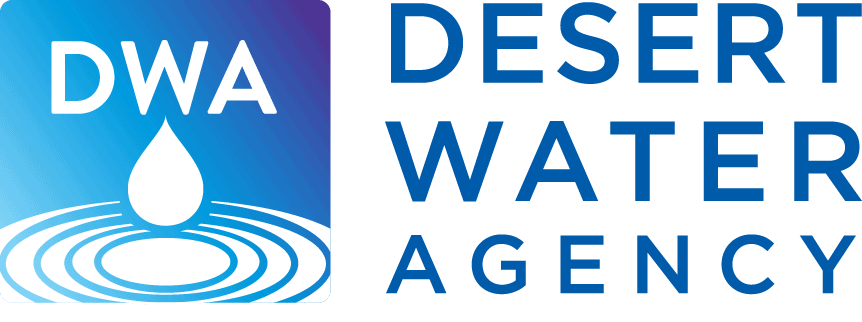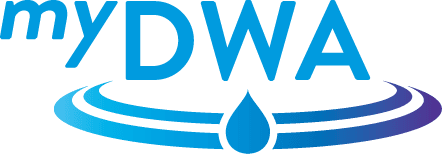Financial assistance is available for those financially impacted by COVID-19.
COVID-19 (Coronavirus) FAQs
Is it safe to drink tap water?
Some people prefer to use a sink, fridge or pitcher filter for their tap water.
What if I can't pay my bill?
On March 17, 2020, Desert Water Agency's Board of Directors voted unanimously to continue suspending water shut offs. That policy has been continued through Sept. 30, 2021. No customer will have their water turned off for non-payment during this time.
If you've been financially impacted by COVID-19, you can also apply for a water bill credit at www.dwa.org/h2o
The Agency has also waived late fees since March 17, 2020, but those will resume Aug. 1, 2021. We are absorbing all of the processing fees for payments by phone and online credit card payments.
Can the Coronavirus be transmitted through drinking water supplies?
The World Health Organization recently put out a report that emphasizes the effectiveness of this treatment in safeguarding against transmission of COVID-19.
The CDC also indicated COVID-19 has not been found in drinking water.
Additionally, the vast majority of the drinking water we deliver comes from beneath the ground directly into our pipeline system. It is not exposed to people until you open your faucet. Likewise, the stream water we use is disinfected with both chlorine and ultraviolet light.
Do I need to stockpile bottled water?
What if I run out of toilet paper - can I flush wipes?
- #1
- #2
- toilet paper
All other items (“flushable” wipes, tampons, cloth, floss, hair, etc) should go into the trash can.
I’m getting ready to re-open. How do I ensure the water in my building is safe?
More resources on COVID-19
World Health Organization report on drinking tap water
Centers for Disease Control and Prevention (CDC) information on Coronavirus
California Department of Public Health information.
RIverside County Department of Public Health information.
Palm Springs information .
Cathedral City information.
Desert Hot Springs information
Desert Water Agency's Help2Others customer assistance program.
SoCalGas Co. customer assistance program.
Southern California Edison bill assistance program.
United Way of the Desert and Lift to Rise economic and support program.

